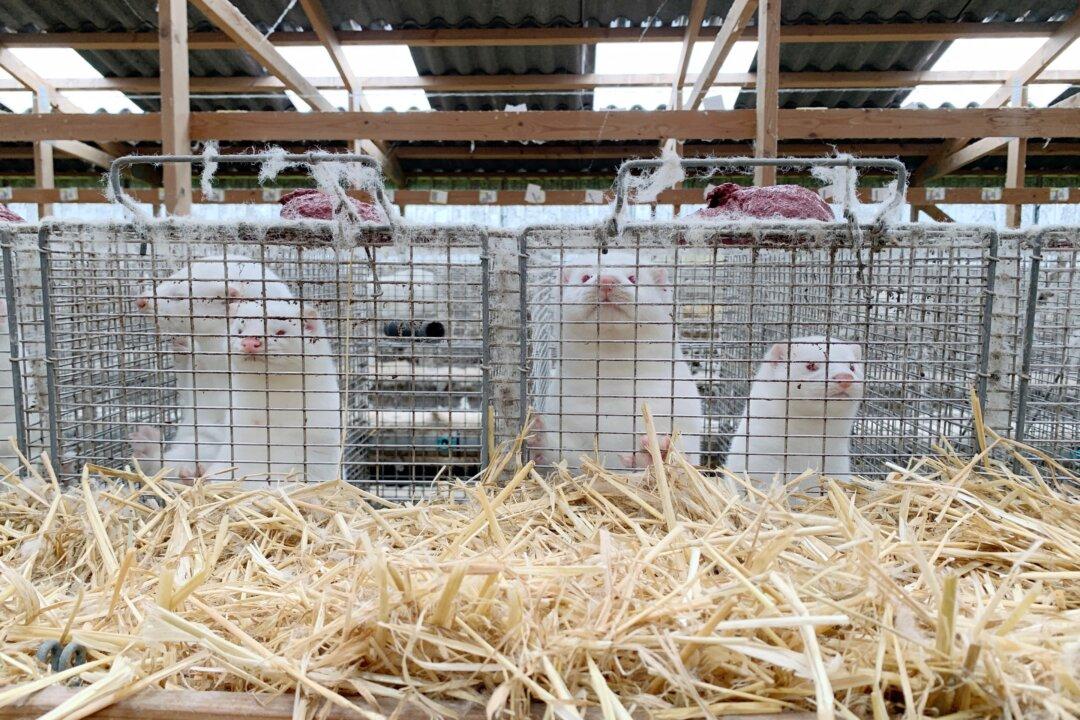The UK government has banned all non-British visitors from Denmark after 12 people in the Nordic country were infected with a mink-related mutant strain of the CCP virus.
On Saturday, the government announced that non-British visitors arriving into the UK from Denmark would not be permitted entry. On Sunday, the ban was extended to all non-UK resident freight drivers who have travelled from or through Denmark in the last 14 days.





